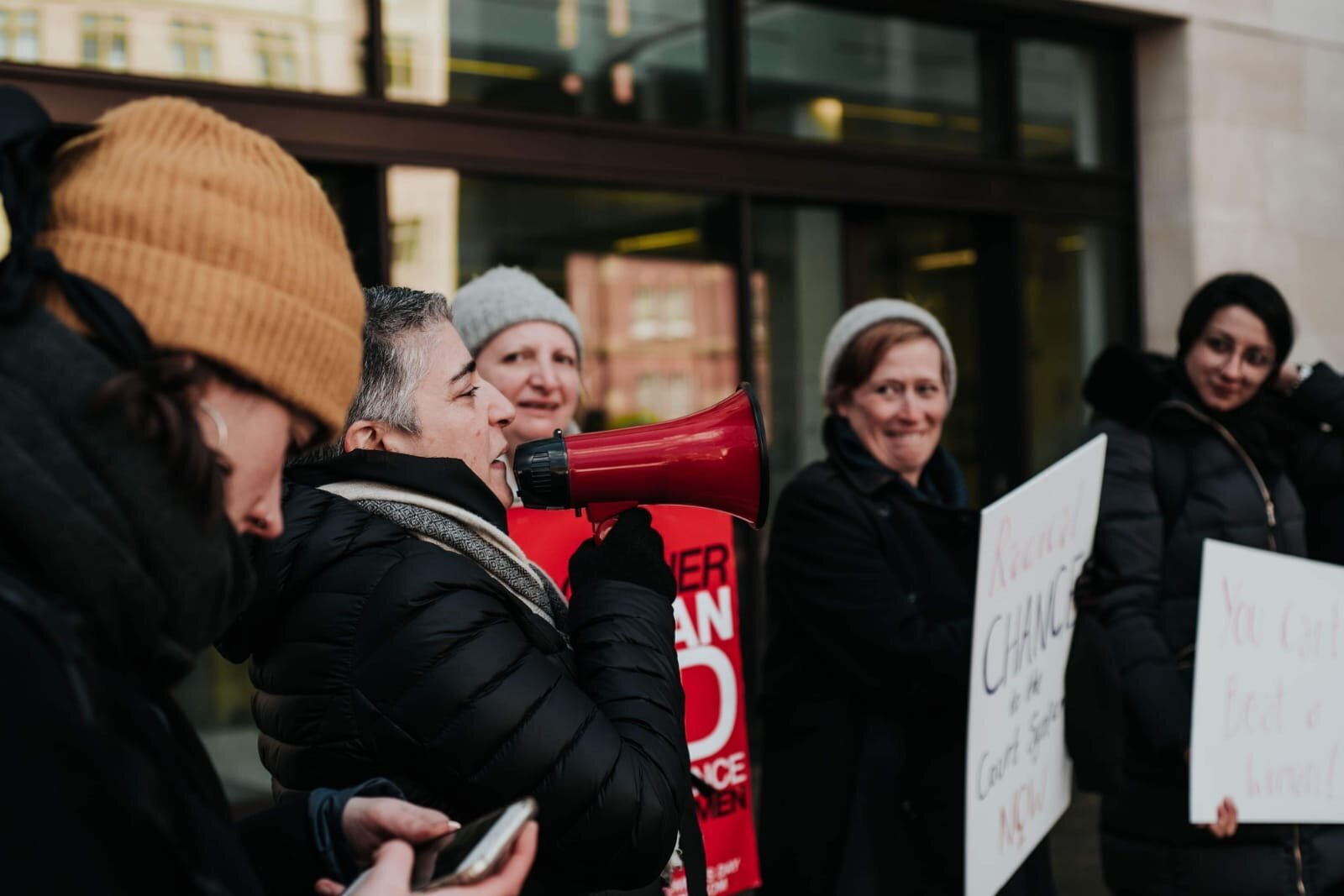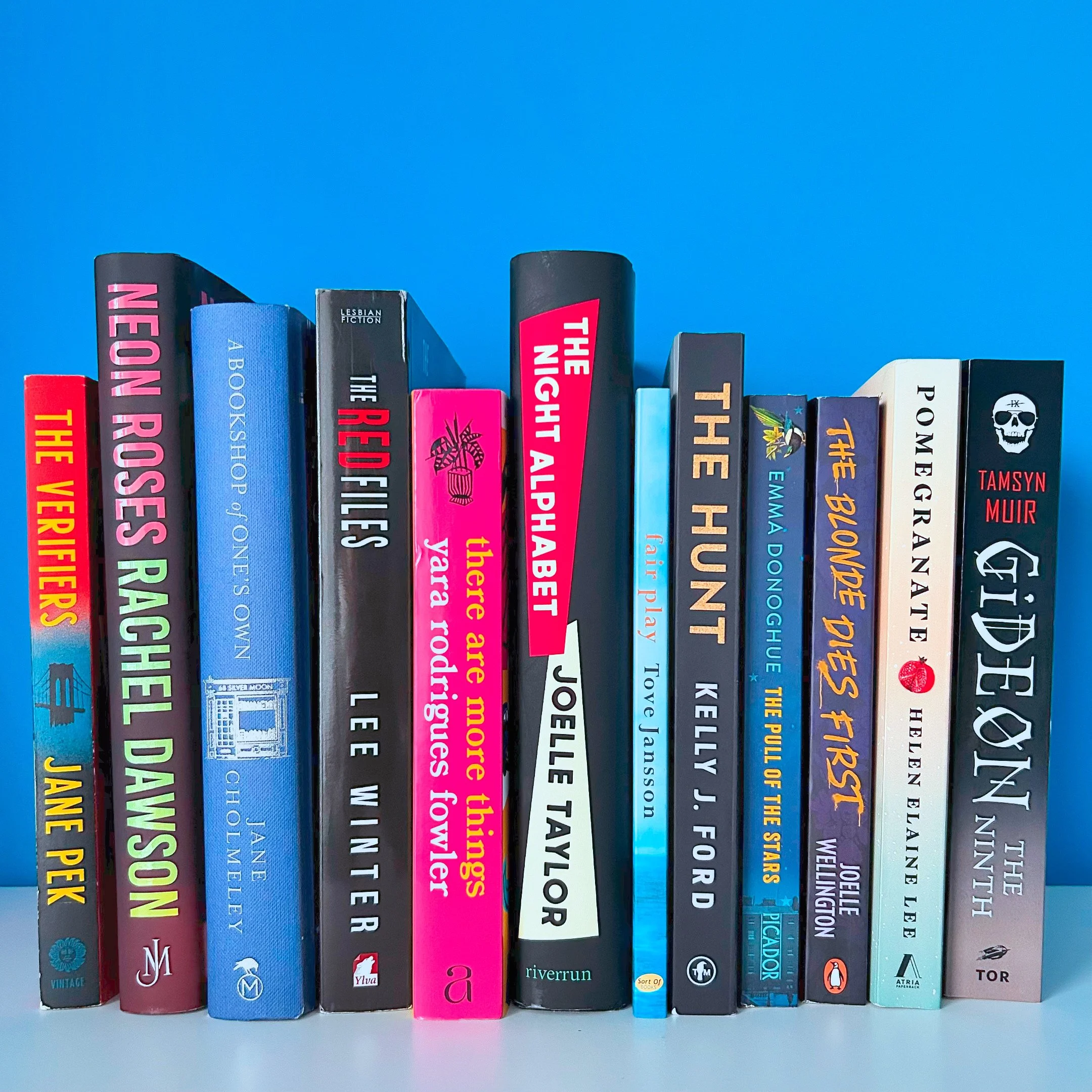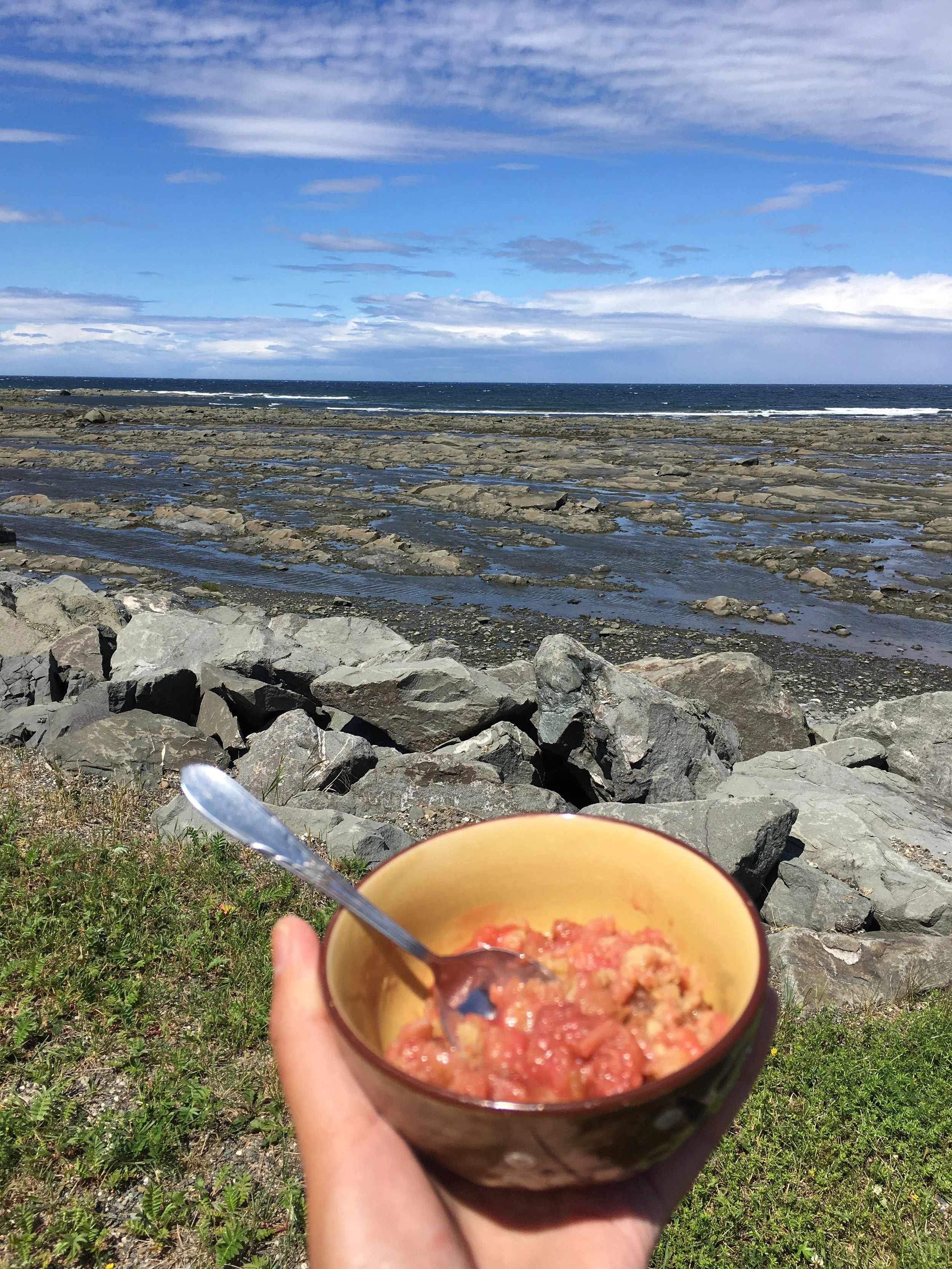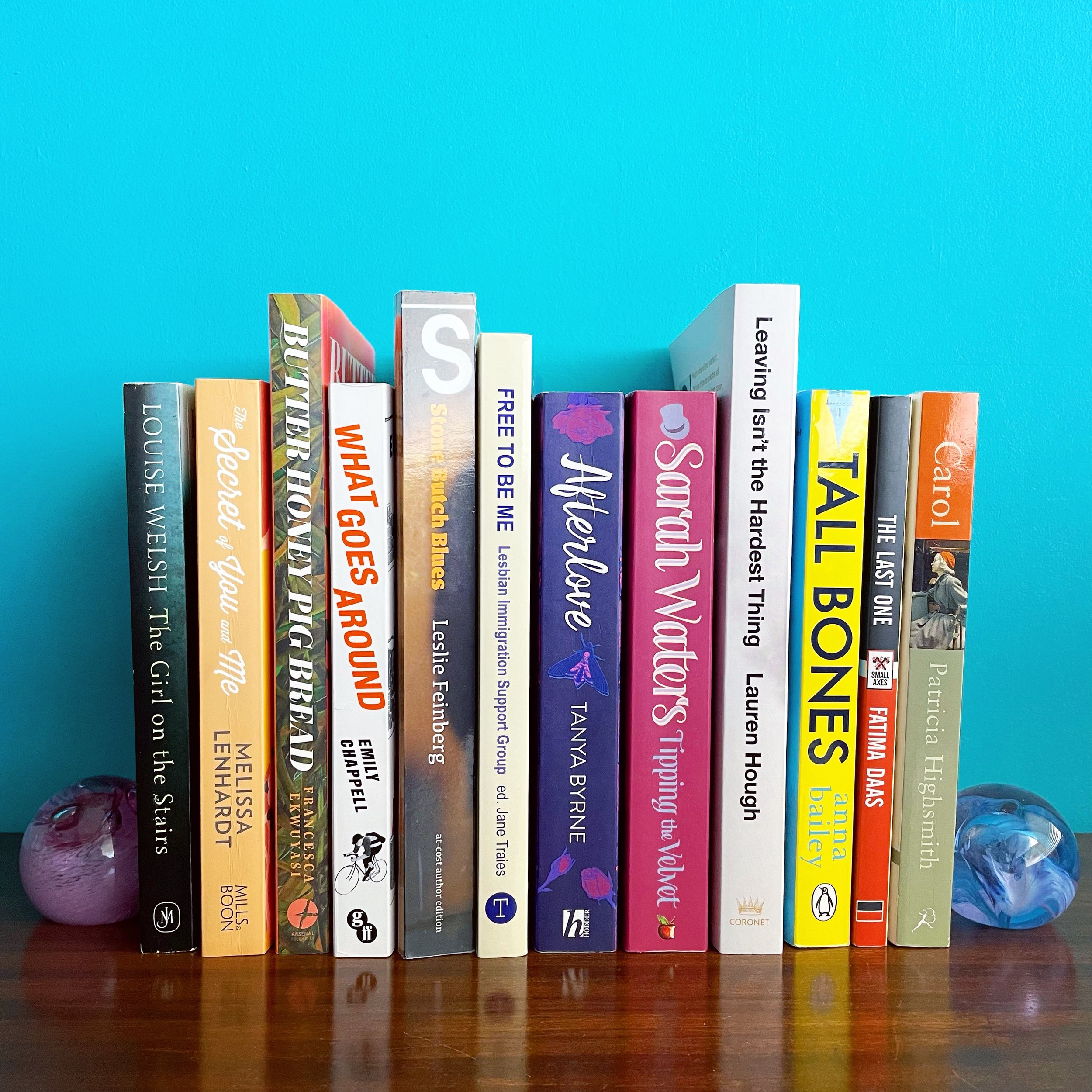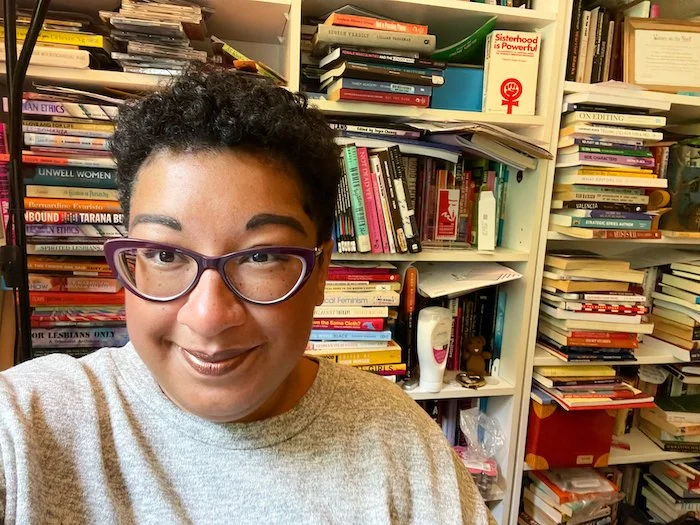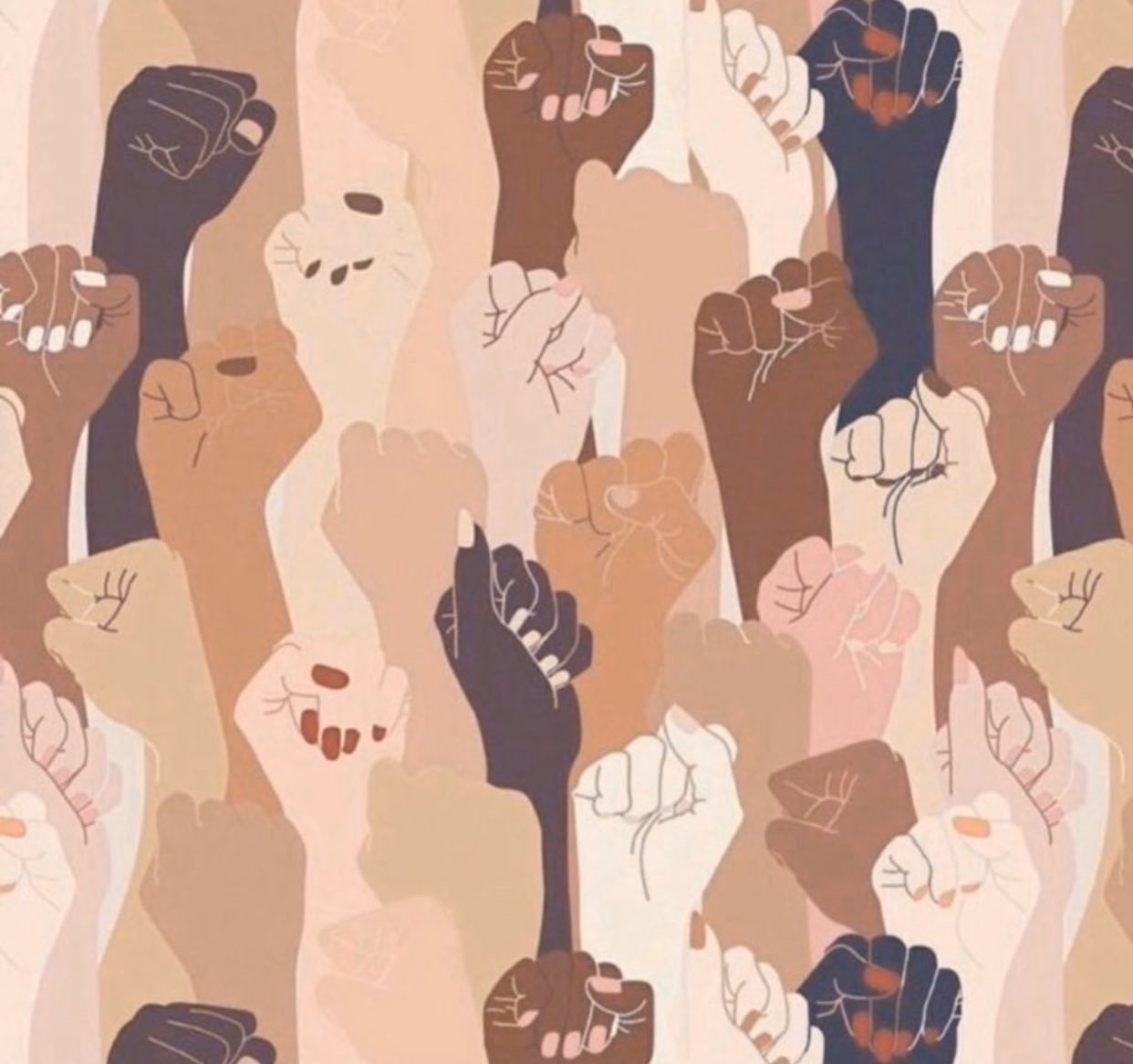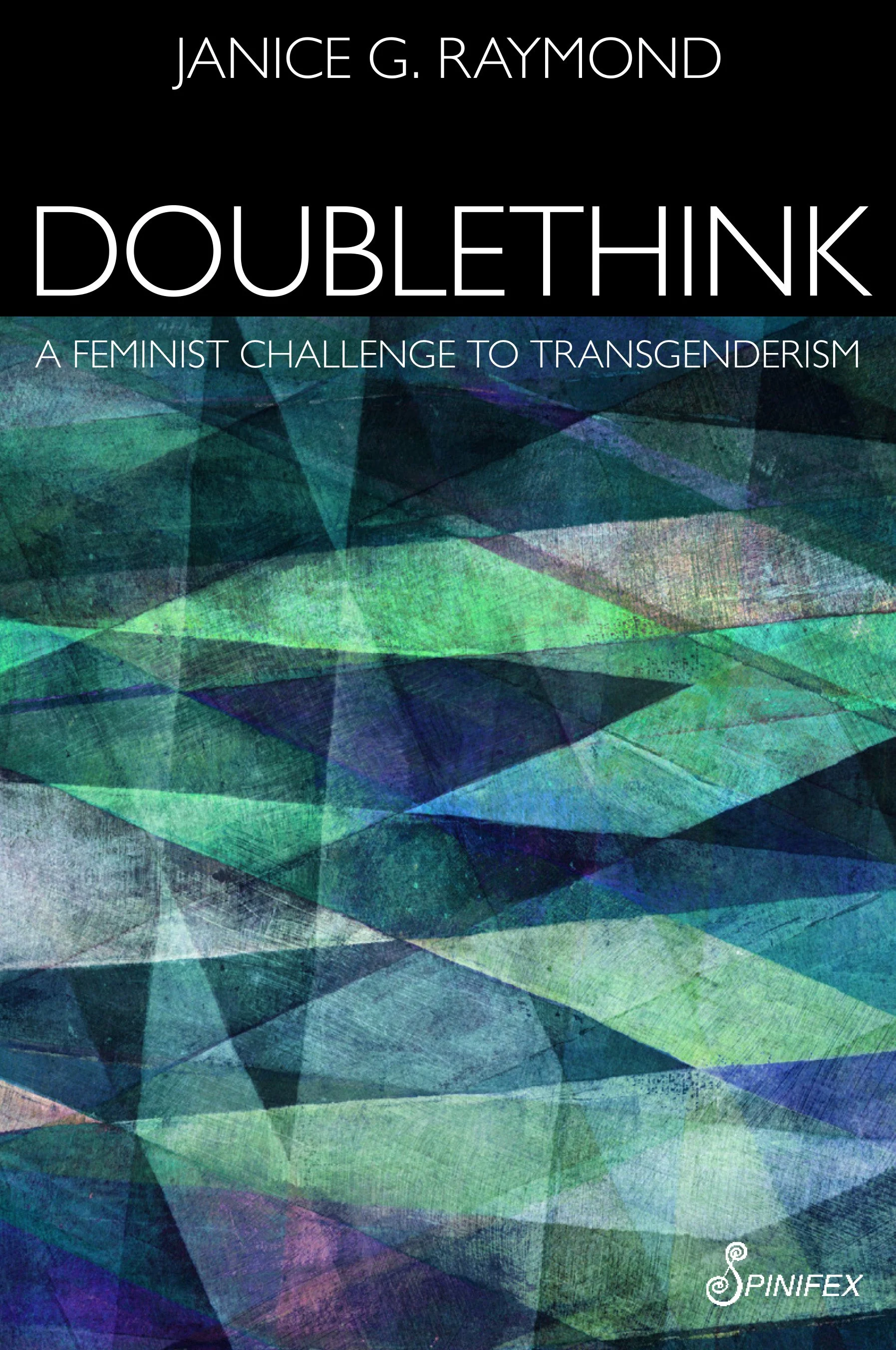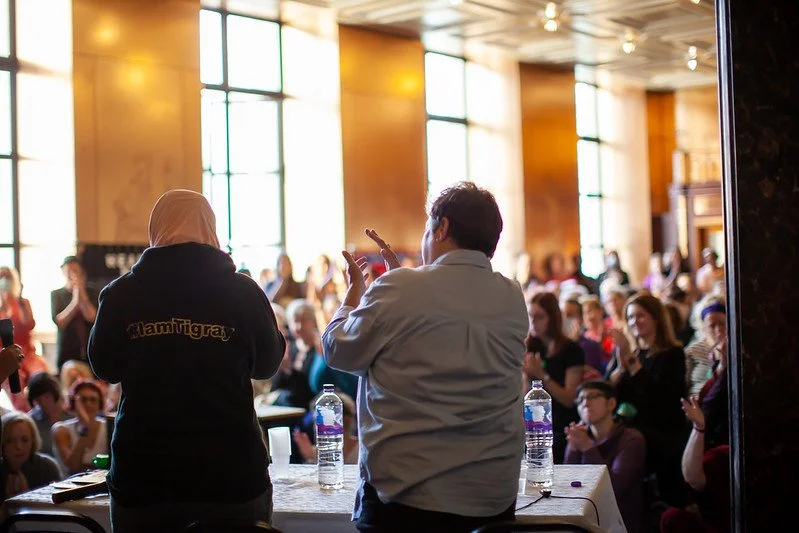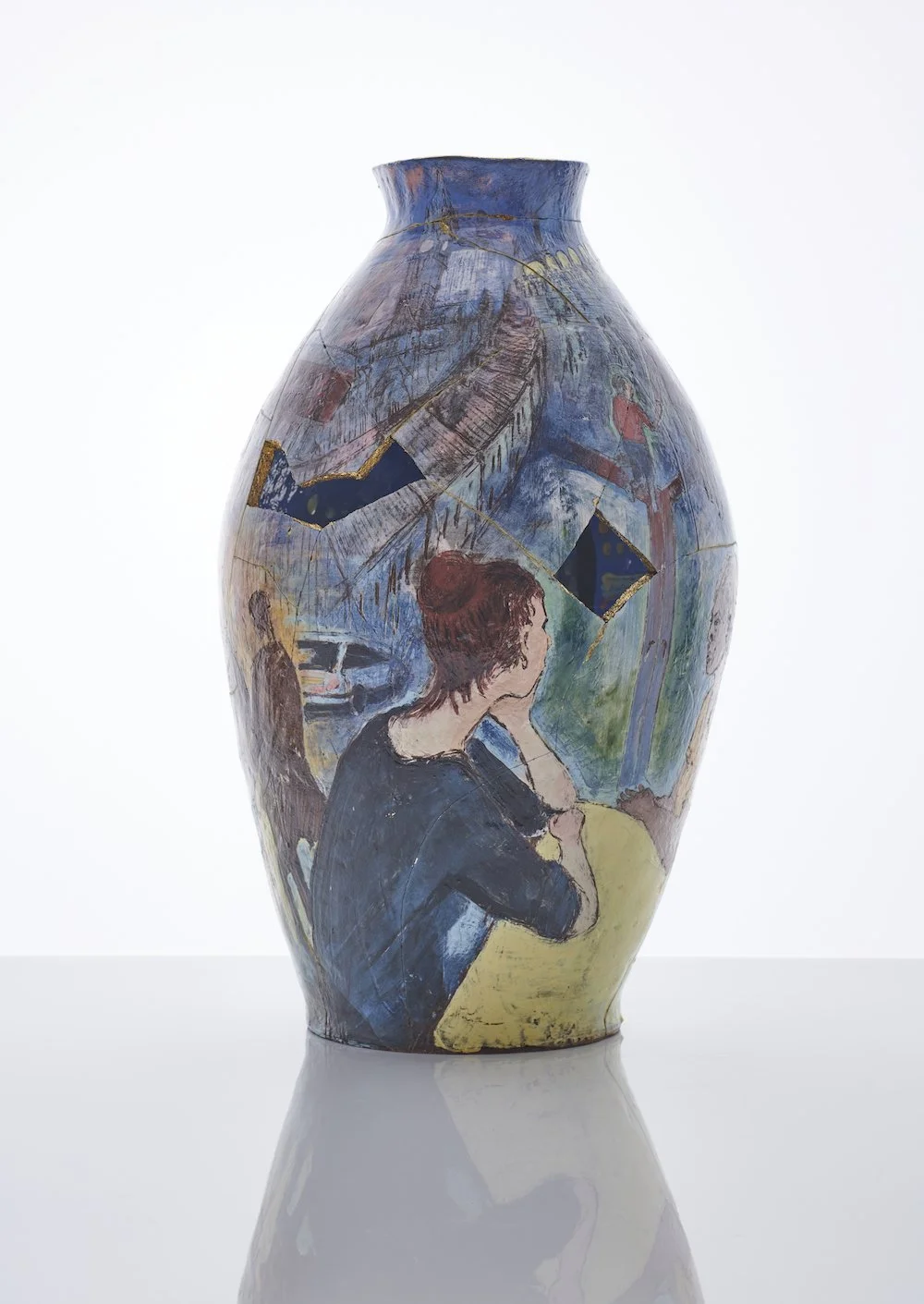Learn about the causes we are fighting for and how you can get involved.
Narrow your search or read everything.
On Wednesday morning, in a packed courtroom at the Supreme Court in London, the judgment in the For Women Scotland v The Scottish Ministers (FWS2) case was handed down. The Supreme Court unanimously agreed that the terms ‘man’, ‘woman’ and ‘sex’ in the Equality Act 2010 refer to biological sex. Holding a GRC does not change sex for the purposes of the EA2010. The court ruling makes clear to all what ordinary women across the UK have been saying for years: the law protects single-sex spaces and services.
When we started work in Kakuma in 2020, refugees were provided with rice, soya beans, maize and oil; now they are given sogrum, a product most often used as animal feed in the UK.
After a sleepless night, and with the local UNHCR clinic refusing to help lesbian families, she sadly died the next morning.
One of the most terrifying experiences women face is the Home Office Reporting System. For years, I had to report in person every single week, knowing that, at any moment, I could be detained.
The impact on mental health is devastating. The days before reporting are filled with anxiety, not knowing if you will come back, not knowing if that would be your day to disappear into detention.
The fear is relentless. Reporting is framed as a welfare check, but we must call it what it truly is: state-sanctioned psychological warfare. These women already live under strict controls, in National Asylum Support Service accommodation, barely surviving on limited financial support. The Home Office knows exactly where they are. So why force them to report? To keep them in fear.
On 20th January, Donald Trump took office as President of the USA. Almost immediately he suspended the US refugee resettlement program as part of a series of executive orders cracking down on immigration. Many of the refugees, who had been cleared to resettle in the U.S. after fleeing war or persecution in their home countries, already had plane tickets in hand when the suspension was announced.
How does one start with women in motion and end up with a women's movement? I want to share one of my last bike trips with the audience. I'm a woman on the go, meeting women along the way. I want to share how biking helps me on a daily basis. For me, biking is not only a means of transport, but a way of liberation, giving me a sense of freedom. It is also about women taking up public space and connecting together. I've noticed that the women I meet on the road are often isolated, with a need and a desire to connect with other women. I'd like us to be able to meet up on the same road, women on bikes, and share a stretch of the road together, an episode in our lives. A women's cycling movement! I want women who read my piece to find inspiration, if not join the movement to help them break any of the patriarchal chains that oppress us.
Claire Heuchan announces the Labrys Lit reading list for 2024. Here’s what our international lesbian book group will be reading next year.
The women of Lesbian Immigration Support Group should be front and centre of the UK’s Lesbian Visibility Day. But instead we’ll have endless listicles about rich celebrities and posts waxing lyrical about historical white women. The irony of Lesbian Visibility Day is that we centre those who had visibility anyway; women whose status, wealth, and privilege protect them from the discrimination.
In this piece, FiLiA interviews leading feminist thinker, Janice Raymond, about her work on transgender issues and her new book Doublethink, which illuminates the “doublethink” of a transgender movement that is able to define men as women, women as men, he as she, dissent as heresy, science as sham, and critics as fascists.
This post is a copy of the FiLiA response to the recent government Conversion Therapy Consultation which sought views on proposals on how to ban conversion therapy practices, which particularly affect LGB&T people. Our response to this consultation centres women and girls, in line with our aims as a feminist charity.
This is a recording of the #FiLiA2021 panel discussion led by Julie Bindel. She discusses her book Feminism for Women, invites women from the audience to join the conversation about feminist issues across generational divides, and Zemzem Mohamed speaks about the unfolding crisis in Tigray.
‘I was shattered. Now I’m piecing myself slowly back together”. Feminist artist and potter Claudia Care writes about raising awareness of women’s stories through pottery and the role of art as a campaigning tool. Her work depicts issues including lesbian rights, domestic violence, and the sex trade.

